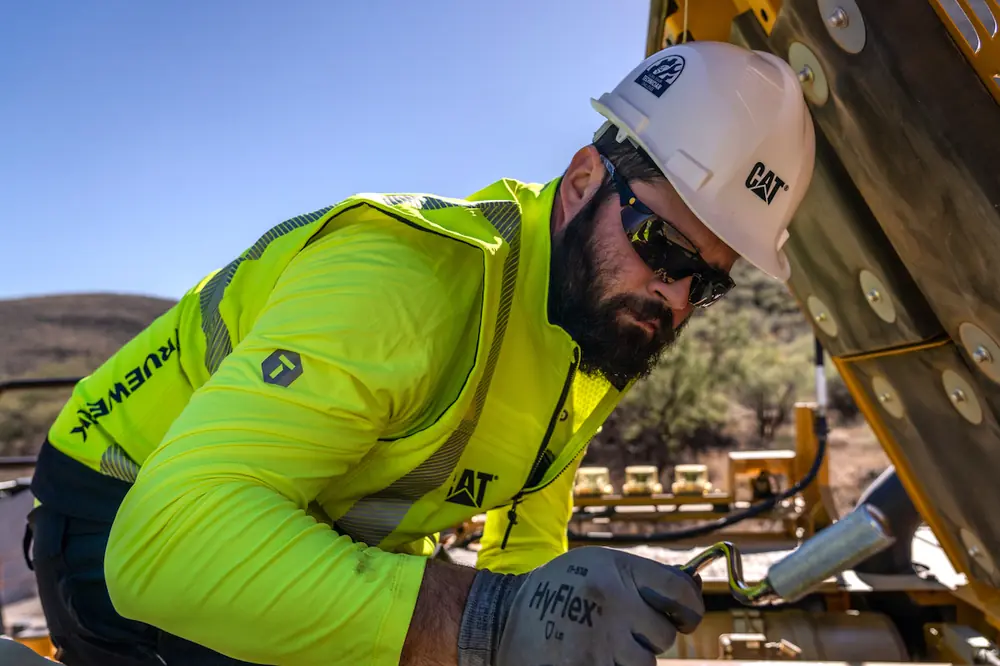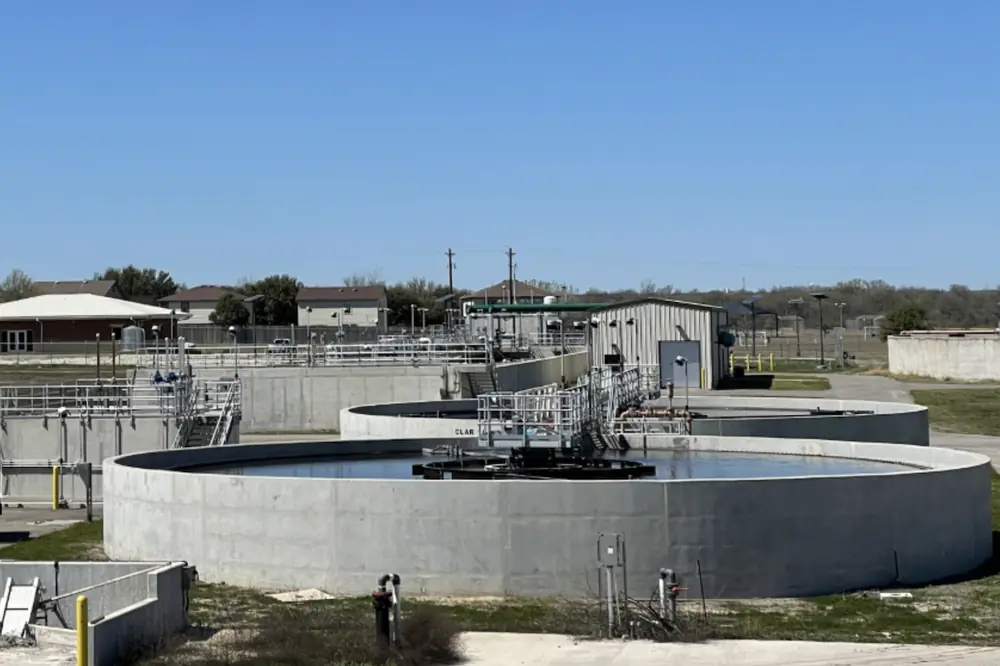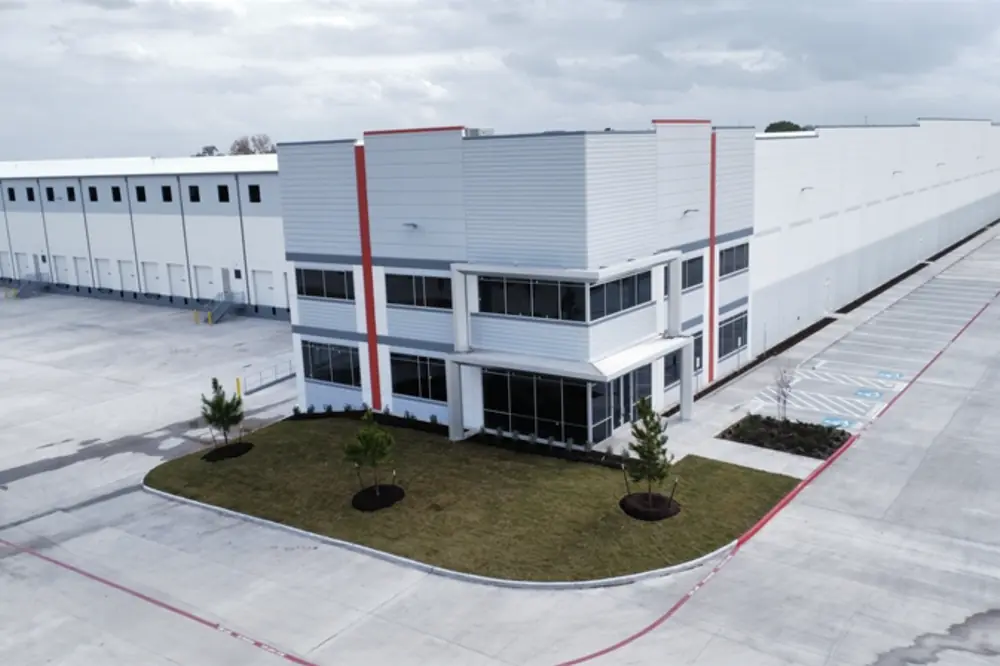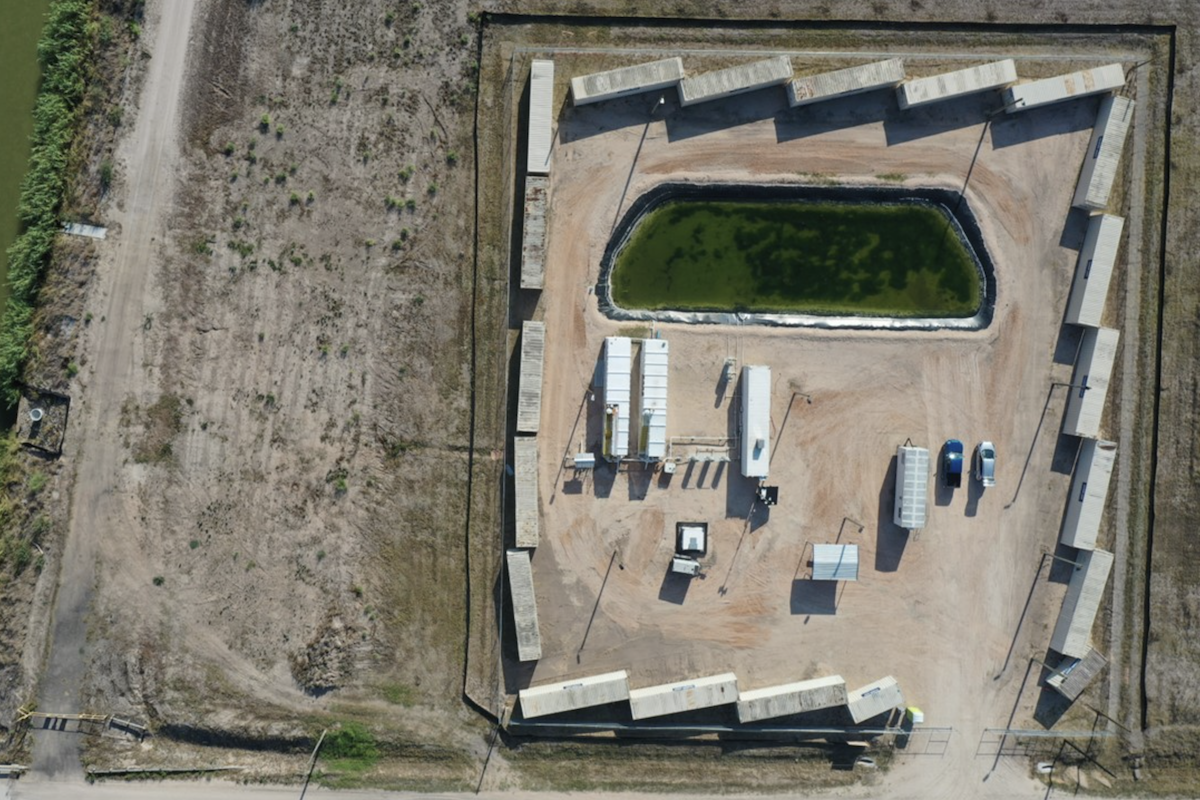“Do I have to send them notice? Everyone knows what happened, and I have a lot of other stuff to do.”
That’s from your project manager. The answer is yes. First of all, because you need a contemporaneous account of what happened. With a contemporaneous record, there is no question about what happened. Second, because that notice can clarify details of a directive or an issue. And third, because the Supreme Court of Texas recently said so.
In James Construction Group, LLC v. Westlake Chemical Corp., the Supreme Court took up contractual notice requirements. The Supreme Court’s decision has an impact on every notice provision in your contracts. This article covers the Supreme Court’s decision in James and how that applies to your contracts.
A contractual right is a right to something that is given to you by a contract. For example, you do not have a right to the bottle of water you want to buy at the store until you pay for it.
A condition precedent is a term of art. It means that an event must occur before something else can happen. Think of the contingent payment clauses in contracts you may have seen. These clauses are also known as pay-if-paid clauses. Under a contingent payment clause, the contractor is not obligated to pay its subcontractor unless the contractor receives payment from the owner for that subcontractor’s work. The contractor’s receipt of the payment is a condition precedent to the contractor’s obligation to pay the subcontractor. By contrast, a pay-when-paid clause is not establishing a condition precedent; it’s just scheduling an event.

| Your local Wirtgen America dealer |
|---|
| Nueces Power Equipment |
| Nueces Power Equipment |
Substantial compliance is another term of art that is a little more difficult to explain than a condition precedent. Substantial compliance is situational or subjective. What could be substantial compliance in one instance may not be in another. There is no objective standard. Substantial compliance could be stated as complying with the spirit of your obligation so that the purpose of the obligation is fulfilled if not strictly followed.
When you put those three items together, you have the basis of the Supreme Court of Texas’ decision in James on the topic of substantial compliance with written notice obligations.
In James, James Construction Group, LLC (James) entered a construction contract with Westlake Chemical Corporation (Westlake) in 2012. James had several safety incidents in 2012, including a fatality in December 2012. This prompted Westlake to require that James provide additional safety protocols. James ultimately failed to do this in Westlake’s opinion, and Westlake terminated James in April 2013.
For our purposes, the important parts of the James contract required Westlake to send three written notices to James prior to termination for safety violations. The first was notice that safety violations had occurred and James needed to remedy those violations. Second, Westlake had to notify James if the remedial efforts were unsatisfactory. Third, Westlake had to notify James that it was terminated. These three steps were conditions precedent to Westlake’s right to recover all costs from James, in excess of the contract value, caused by the termination.

| Your local Case Construction Equipment Inc dealer |
|---|
| ASCO Equipment |
| Nueces Power Equipment |
| ASCO Equipment |
| Nueces Power Equipment |
Westlake satisfied the written notice requirement in the first step, but only provided verbal notice for steps two and three. Westlake sued James in 2014 and won a jury award of roughly $3.1 million. When James’ appeal of that jury award was considered by the Supreme Court, the Supreme Court disagreed with the jury verdict.
The Court made two important decisions in its opinion. First, the doctrine of substantial compliance is now used to determine if a party complied with a notice provision in their contract. Second, when written notice is a condition precedent to a contractual right, substantial compliance requires the notice be in some form of writing.
The first decision does not apply only to requirements for written notice. It applies to all notice requirements in a contract. The first decision is the basis of the next decision, which we will get to. The result of the first decision is that every party to a contract must substantially comply with the notice provisions in the contract. For example, if a notice provision says that you have to provide notice of an occurrence by certified mail within five calendar days of the occurrence and it must be in 12-point font, strict compliance would be following the requirements to a T. Substantial compliance is more forgiving. If you provided the notice in 14-point font and sent it by first class mail instead of certified mail, that may be considered substantial compliance. If you sent the notice by certified mail by the seventh calendar day, that may be substantial compliance.
But the point is that the Supreme Court had never considered this issue of notice in a construction contract. The result is that there is a clear standard of substantial compliance you have to comply with for your projects.

| Your local Bobcat dealer |
|---|
| Central Texas Equipment |
| Nueces Power Equipment |
| Central Texas Equipment |
| Nueces Power Equipment |
The Court’s second decision is based on the first decision because the Court is telling us what substantial compliance is in a given situation. If a contract requires you to send written notice as a condition precedent to your ability to claim another contractual right, you cannot substantially comply with that requirement without some form of written notice.
In James, Westlake had a right to recover costs from James in excess of the contract value. But the contract required Westlake to provide James with specific written notices that Westlake did not provide. Westlake communicated internally about James’ unsatisfactory safety practices and verbally informed James that it was terminated at a formal meeting between the parties. But Westlake did not send James anything in writing informing James of its unsatisfactory safety remediation actions or saying they were terminated. Following the meeting, James began to demobilize its forces and then sent an email to Westlake notifying them that they had completed demobilization.
Think about the importance of that. Like your project manager said above, everybody knows what happened. A representative from Westlake sat in a room with a representative of James and told them that James was terminated. James demobilized its forces and confirmed the demobilization in writing. The parties in the lawsuit didn’t disagree about the termination.
But termination was only communicated verbally. The Supreme Court held that the verbal notice at the meeting did not substantially comply with the written notice requirement for termination. Therefore, Westlake forfeited its right to recover those excess costs and its attorney’s fees from the lawsuit by not satisfying the condition precedent of a written notice.

| Your local LeeBoy dealer |
|---|
| ASCO Equipment |
| Closner Equipment Co Inc |
| Romco Equipment Co |
| ASCO Equipment |
| Closner Equipment Co Inc |
| Romco Equipment Co |
So it is clear when written notice has to be provided. But that raises a new question. What qualifies as written notice? Could Westlake have written “you’re fired” on a cocktail napkin at that meeting and handed it to James? Maybe. Not advisable, but maybe. What if Westlake sent James a text message before or after the meeting saying they were fired? Is that a sufficient writing? What if a project manager from James emailed an owner’s representative from Westlake a week after the meeting and asked if they had really been terminated and the representative said yes? Are those sufficient writings? Maybe, but the Supreme Court did not provide that detail.
The point is that what courts will consider to be sufficient written notice compared to insufficient written notice is not yet clear. What is clear is that providing no written notice is insufficient to substantially comply when written notice is required. I have said it before, and it is still true — the best thing you can do in these situations is follow the terms of your contract. You do not want to be the test case for any court’s expansion on the James opinion.
Comply with the written notice provisions in your contract. Review those provisions at the beginning of the project so you are already somewhat familiar with them. Westlake did not comply with the written notice requirement in their contract, and it cost them about $3.1 million. You can buy a lot of cocktail napkins for $3.1 million.




































































